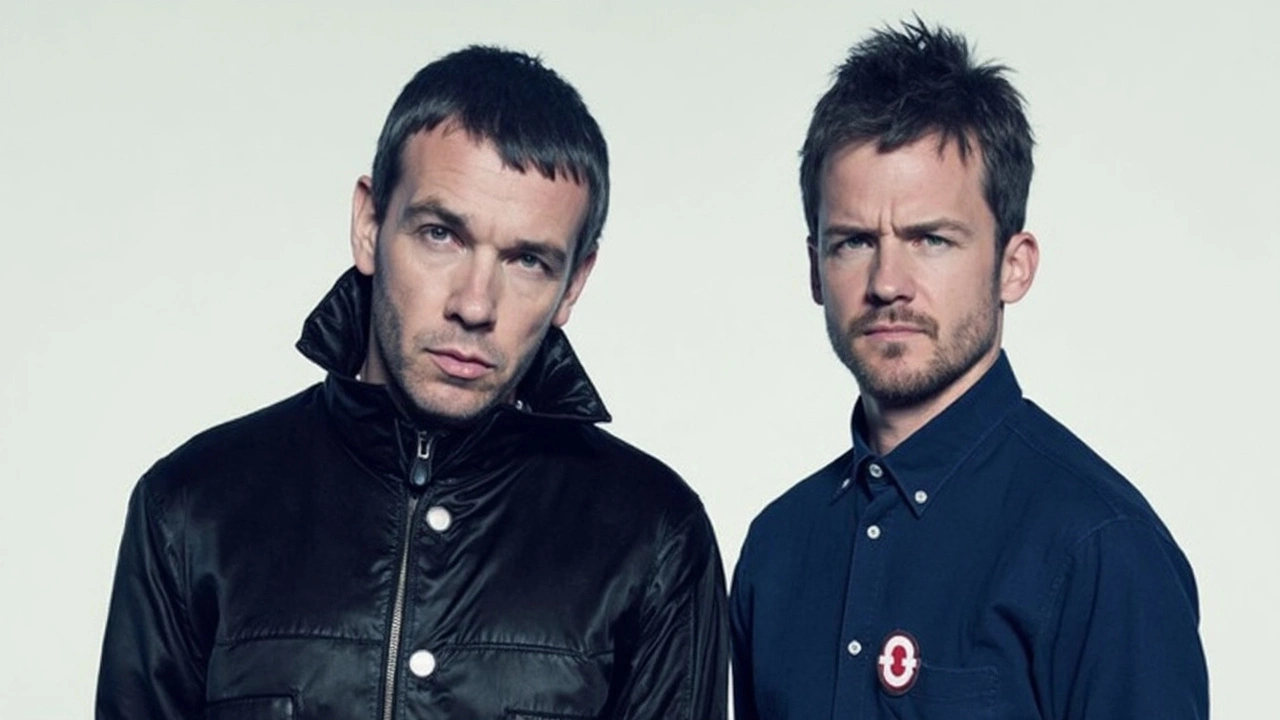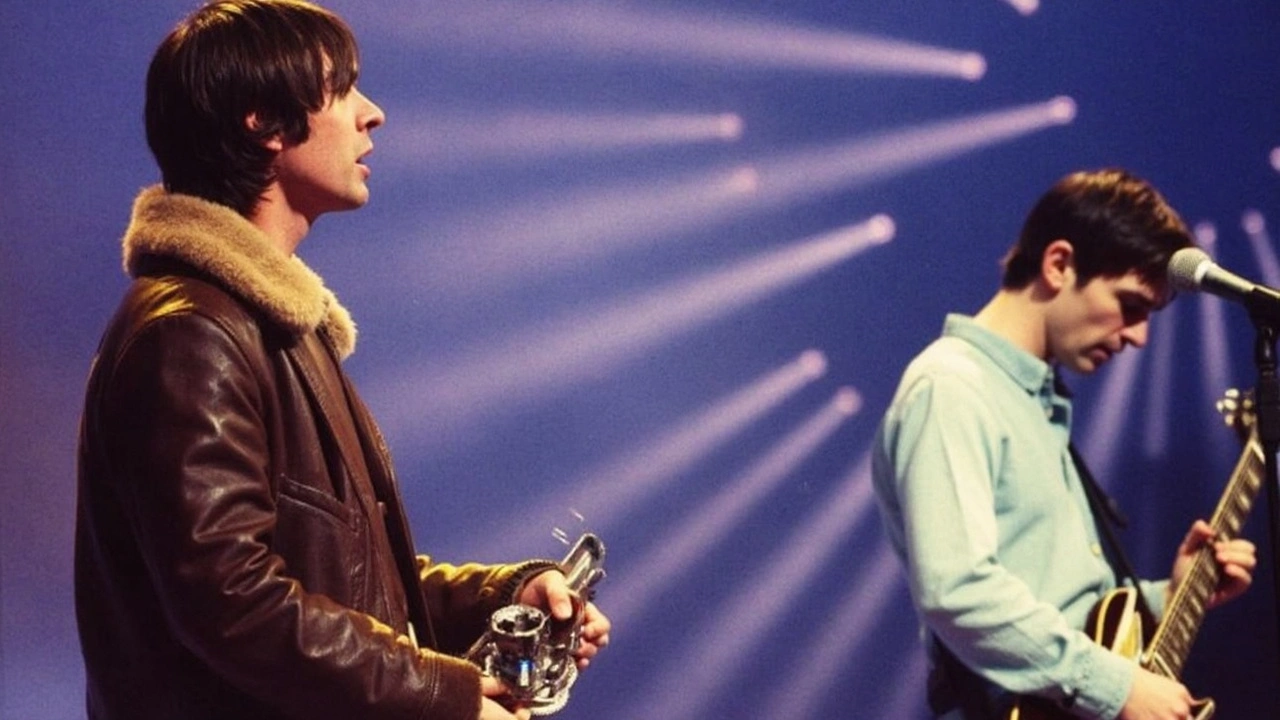Oasis Reunion Sparks Surge in Sophisticated Ticket Scams
Fans buzzing over Oasis’ 2025 return probably didn’t see the dark side coming—scammers seizing the moment to swindle more than £2 million from hopeful concertgoers. Lloyds Banking Group’s latest fraud report pulls back the curtain on just how widespread and costly this has become, with fake ticket listings crowding social media feeds and tempting thousands desperate to see Liam and Noel share the stage again.
The appetite for their comeback has been off the charts, and so has the risk. According to Lloyds, scams tied to Oasis reunion tickets have swallowed up 56% of all reported concert ticket fraud cases so far in 2025. That means well over half the pain from ticket scams this year is because so many simply couldn’t wait for a piece of the live-action—and criminals knew just when to pounce. While excitement grew for stops like Wembley Stadium and Manchester’s Heaton Park, fraudsters set up elaborate traps, mostly on social media, peddling tickets that never existed.
The numbers don’t lie: On average, fans lost £436 each, enough to hurt but often not enough to sound alarm bells right away. In some cases, the damage was devastating—one person was scammed out of £1,700 chasing what they thought was a dream seat. Manchester, Edinburgh, and Warrington emerged as hotspots for these scams, with local cops inundated by calls from cheated fans.
The problem doesn’t just hit the young and reckless. Lloyds found that adults aged 35 to 44 account for nearly a third of victims, catching out those who might have been around for the band’s first go-round and should know better. Scammers clearly don’t discriminate when there’s big money on the line.

Social Media Under Fire, Dynamic Pricing Adds to Chaos
Liz Ziegler, Lloyds’ Fraud Prevention Director, didn’t mince words: tech giants running these social platforms aren’t doing nearly enough to keep scammers in check. With the bulk of fake listings surfacing on social media, calls are growing for tighter checks, better reporting systems, and more visible warnings for users—something the platforms have been slow to deliver.
The mess with ticket fraud got even worse thanks to frustration with official sales themselves. When tickets dropped through legitimate channels, buyers were stunned by “dynamic pricing”—a model that changes prices in real-time depending on demand, pushing costs through the roof. Oasis themselves distanced from the strategy, insisting it was the promoters’ call, not theirs.
All this confusion handed scammers the perfect cover: tickets that were impossible to get hold of officially, prices nobody could trust, all fueling desperation. Fake sellers swooped in, using doctored screenshots, too-good-to-be-true offers, and pressure tactics to trick fans rushing to secure their spot before gigs sold out. By the time victims realised they’d been duped, accounts and adverts had usually vanished without a trace.
The 2025 reunion tour, marking a rare truce between the famously fractious Gallagher brothers, was always going to grab headlines. Dates are stretching across the UK and into Australia, North America, South America, and Asia, only multiplying the potential pool of victims. Unless tech and ticket companies find ways to cut the fakes out, there’s no sign the scam epidemic will slow down as hype for the shows keeps growing.
